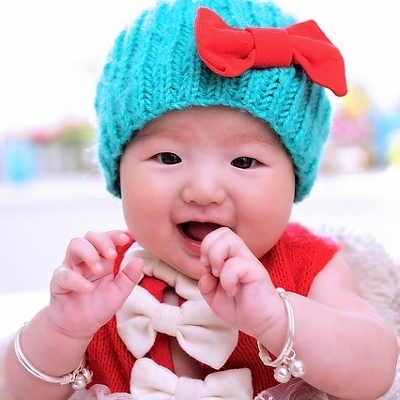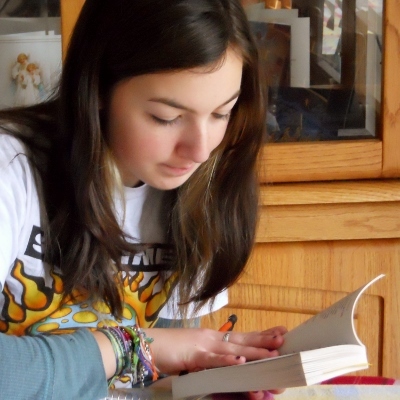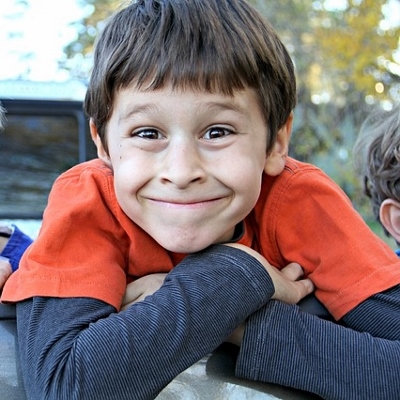 Your parents or your grandparents likely took you to one when you were a toddler. Until the vaccine became available in 1995, the prevailing theory was that exposure to chickenpox at a young age was necessary. In fact, this practice was encouraged by many doctors who knew the risks of the severity of the disease increased when you got older. So, the chickenpox party was a way to expose toddlers at an early age to the disease in hopes that they catch it while they are still very young, to protect them against contracting the disease when they are older. These types of parties are still around because the vaccine itself is still fairly new.
Your parents or your grandparents likely took you to one when you were a toddler. Until the vaccine became available in 1995, the prevailing theory was that exposure to chickenpox at a young age was necessary. In fact, this practice was encouraged by many doctors who knew the risks of the severity of the disease increased when you got older. So, the chickenpox party was a way to expose toddlers at an early age to the disease in hopes that they catch it while they are still very young, to protect them against contracting the disease when they are older. These types of parties are still around because the vaccine itself is still fairly new.
However, these parties are no longer necessary with the wide availability of the vaccine. In general, the chickenpox vaccine is considered safer than exposing your children directly to the virus. According to the National Network for Immunization Information, full exposure to the virus is more dangerous because there can be some very severe medical complications.
For now, the vaccine is the preferred method to protect infants and toddlers from the disease — and the recommendation of doctors. It is no longer necessary to expose toddlers directly to the full strength of the virus in another child in order for them to be protected from accidental exposure. The vaccine is typically given at about the age of 12 months.
Of course, there are always inherent risks with any type of vaccine. You should certainly consult your pediatrician with any concerns or for more information on the chickenpox vaccine including when you should schedule it for your child.
The chickenpox party is a throwback to older times when medicine still had to catch up to knowledge about the chickenpox. While these particular methods may have been popular during your parents’ and grandparents’ time, it is no longer necessary to fully expose your toddler to the disease. If you do get an invitation to a chickenpox party, decline politely and make sure that your kids are vaccinated against the disease.
(CDC photo)










